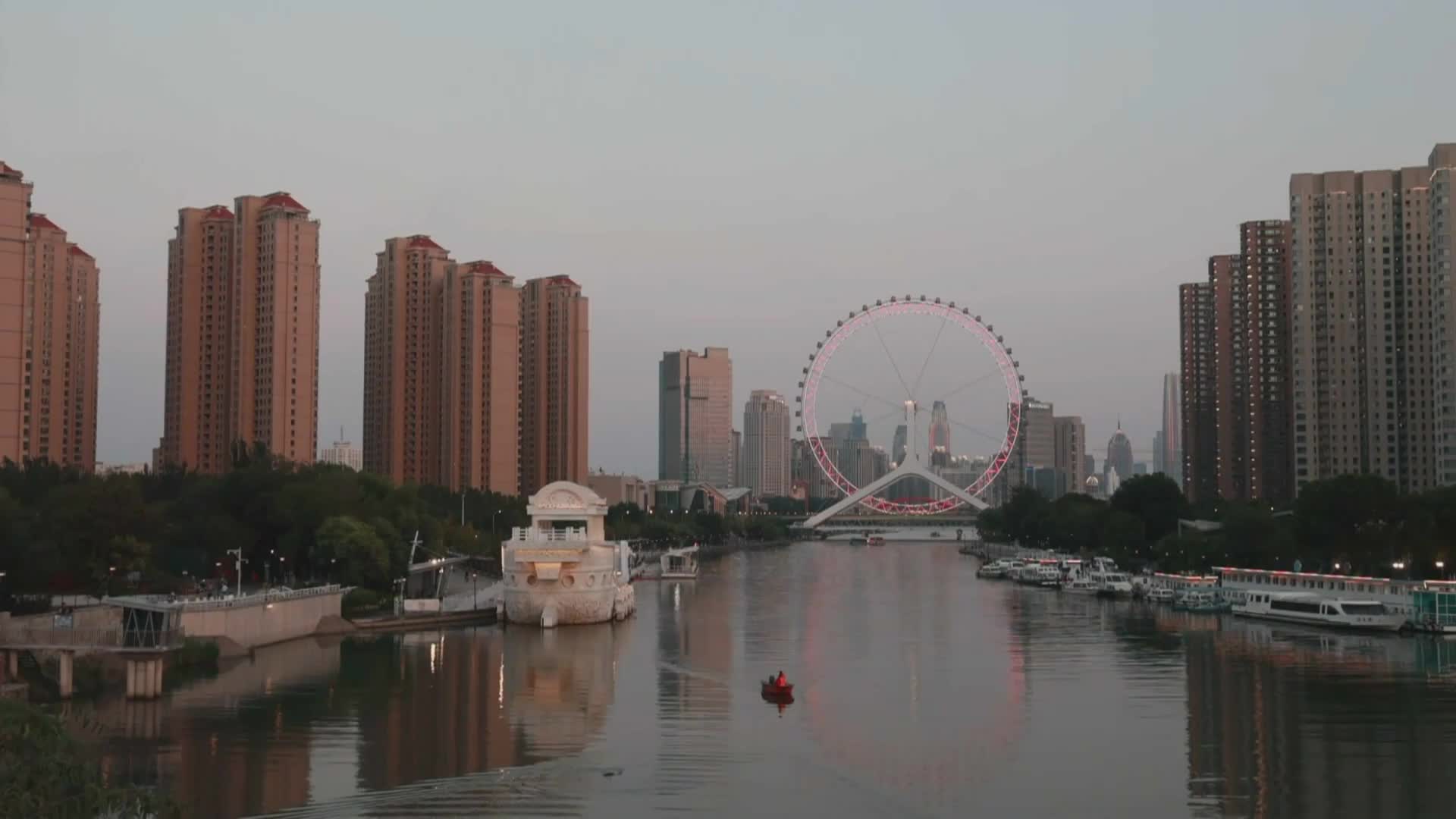
Labour Is Looking Into Changing The European Convention On Human Rights. Here's Why That Matters
Demonstrators wave England and Union flags as they stand outside the Bell Hotel in Epping, near London, Sunday, July 27, 2025. A cabinet minister has today confirmed that the government is looking into how it might “reform” the European Convention on Human Rights. While this is very careful language – and does not suggest the UK could leave the ECHR any time soon – it still demonstrates just how the conversation around migration has escalated. Here’s why this is a significant moment. What is the European Convention on Human Rights? The Convention, known as the ECHR, is a legally binding international treaty meant to guarantee everyone’s fundamental human rights in law for the first time. It was drafted after World War 2 in a bid to look after global human rights – and Britain was a core part of its creation. The UK signed the Convention in 1951, although it did not come into force until 1953. It protects people from torture, killing, slavery, and enshrines their right for privacy and freedom of speech. It is enforced by the European Court of Human Rights and not at all related to the EU. The UK now has the Human Rights Act, too, meaning some national human rights cases – between the UK government and UK citizens – are heard in a domestic court instead, saving the state and individuals time and money. It was the court’s worries about violating the ECHR which saw the first planned flight of refugees to Rwanda grounded. Why is there a growing chorus of people opposed to it? It is seen as a major obstacle to tackling the migration crisis, with many figures – like Reform UK’s politicians and the Conservative Party – promoting the idea of leaving the ECHR to tackle the migrant crisis. But it’s not just those on the right. Red wall MPs and former Labour home secretaries such as Jack Straw and David Blunkett have called for the government to go further than just reforming the ECHR, too. What has the government said? Education secretary Bridget Phillipson revealed today that home secretary Yvette Cooper is “committed” to looking at article 8 of the Convention. That protects the right to privacy and family life, which is often used to challenge deportations. But Phillipson also claimed Farage’s policy of withdrawing Britain from the ECHR if his party were elected was meant to “provoke anger”. “They don’t want to solve the problems in front of us,” she said, adding that Labour wants to tackle immigration in a way that is “fair” and “humane”. What would leaving it mean? Leaving the ECHR would, according to human rights organisation Liberty , would undermine the UK’s credibility in criticising human rights abuses abroad. It would reduce our influence on the European Court of Human Rights, and risk setting a precent for other countries to leave the ECHR. The European Court of Human Rights is also someone’s “last resort for holding the state to account when it has abused their rights”, and therefore would “put everyone’s rights at risk”. It would mean the UK is the first nation to voluntarily withdraw from the ECHR, too. Out of all the countries in Europe, only Russia and Belarus are not signed up to the ECHR – and that’s because they were expelled over Putin’s invasion of Ukraine. Leaving the ECHR would also breach the Good Friday Agreement, which needs the Convention to be enforced in Northern Ireland. Related... UK Urged To Resist Reform's 'Kneejerk Send Them Home' Plans For Migrants Richard Tice Snaps At Trevor Phillips As Presenter Pokes Holes In Reform's Immigration Policies Nigel Farage U-Turns On Reform UK Plan To Deport Women And Children













